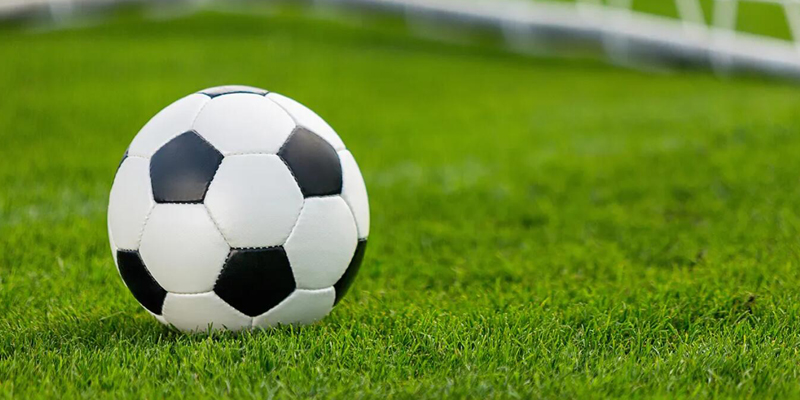
What Behaviors Are Considered As Cheating Fouls In A Soccer Game?
In soccer games, a player deliberately trying to cause an opponent to commit a foul can be considered as cheating foul
Cheating fouls in a soccer game is generally considered to be unsportsmanlike behavior. A cheating foul is the act of intentionally exaggerating contact with another player or simulating a foul in order to deceive the referee into awarding a free kick, penalty kick, or a card to an opposing player. It is often done to gain an unfair advantage or to waste time.
Here are Some common behaviors that may be considered as diving in a soccer game include:
- Diving
This is when a player deliberately falls or throws themselves to the ground in order to deceive the referee into awarding a free-kick or penalty.
Examples of Diving
- A player feels a slight touch on their leg from an opponent’s tackle and throws themselves dramatically to the ground, pretending to have been tripped or fouled.
- A player goes down in the penalty box after minimal contact with an opponent, exaggerating the impact and hoping to convince the referee to award a penalty.
- A player jumps in the air and flails their arms after a challenge, even though they have not been touched, in an attempt to deceive the referee into awarding a free-kick.
- A player pretends to be injured and holds their face, even though they have been struck on the leg, in an attempt to convince the referee that their opponent committed a high, dangerous tackle.
- A player falls to the ground after a slight touch on their shoulder from an opponent, even though the contact was not significant enough to cause them to lose their balance or fall.
- Simulation
This involves exaggerating the impact of a challenge in order to make it look like a foul has been committed.
Examples of Simulation
- A player pretends to be fouled by an opponent, even though there was no contact between the two players. They may then exaggerate the impact of the non-existent foul by rolling around on the ground or clutching their leg.
- A player makes a small amount of contact with an opponent, but then throws themselves to the ground and holds their face or other part of their body in an attempt to deceive the referee into awarding a free-kick or penalty.
- A player exaggerates the force of an opponent’s tackle by jumping into the air and twisting their body, making it look like they have been knocked off balance or injured.
- A player pretends to be injured in order to waste time or disrupt the flow of the game, even though there was no contact with an opponent
- A player makes a minor contact with an opponent, but then acts as though they have been seriously injured or fouled in an attempt to get the opponent sent off or cautioned by the referee.
- Delaying Tactics and Provocation
Players may also try to waste time or slow down the game by holding onto the ball or feigning injury, hoping to force their opponents into making a rash challenge. Provocation includes taunting or antagonizing an opponent in order to make them lose their cool and commit a foul.
Examples of Delaying Tactics
- A player who is winning may deliberately take their time when taking a throw-in, free-kick, or goal kick in order to waste time and prevent the opposing team from gaining momentum.
- A player may feign injury or take a long time to get up after a challenge in order to disrupt the flow of the game and give their team time to regroup.
- A player may deliberately kick the ball out of play, even if they could have kept it in play, in order to allow their team to make substitutions or take a break.
- A goalkeeper may take their time when taking a goal kick or retrieving the ball in order to run down the clock and prevent the opposing team from having as much time to mount an attack.
- A player may engage in time-wasting tactics by holding onto the ball for too long or engaging in other forms of stalling, such as repeatedly tying their shoelaces or adjusting their socks.
Examples of Provocation
- A player may taunt or insult an opponent, trying to get under their skin and make them lose their cool.
- A player may deliberately push or shove an opponent after a challenge, knowing that the opponent is likely to react angrily and possibly commit a foul.
- A player may attempt to wind up the opposing team’s fans or coaching staff, making gestures or comments that are likely to elicit a reaction.
- A player may engage in trash talk or other forms of psychological warfare, trying to get inside the heads of their opponents and disrupt their concentration.
- A player may attempt to influence the referee’s decisions by arguing or complaining about calls, hoping to create the impression that the opposing team is playing dirty or unfairly.
Diving goes against the principles of fair play, respect for opponents, and integrity of the game. It can also harm the reputation of the player and the team. Referees need to be trained to identify diving and penalize players who engage in such behavior.
